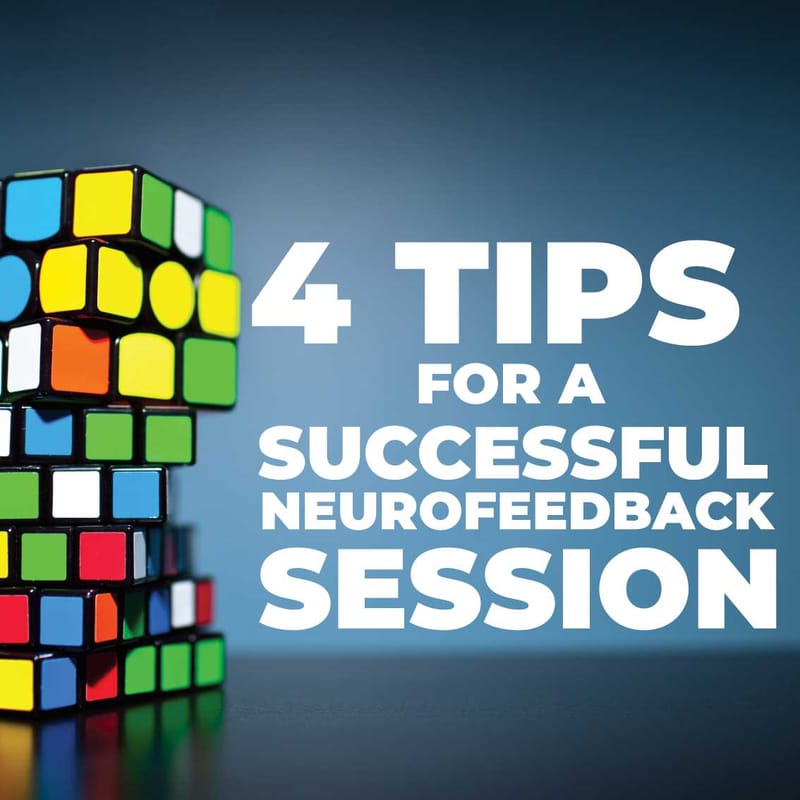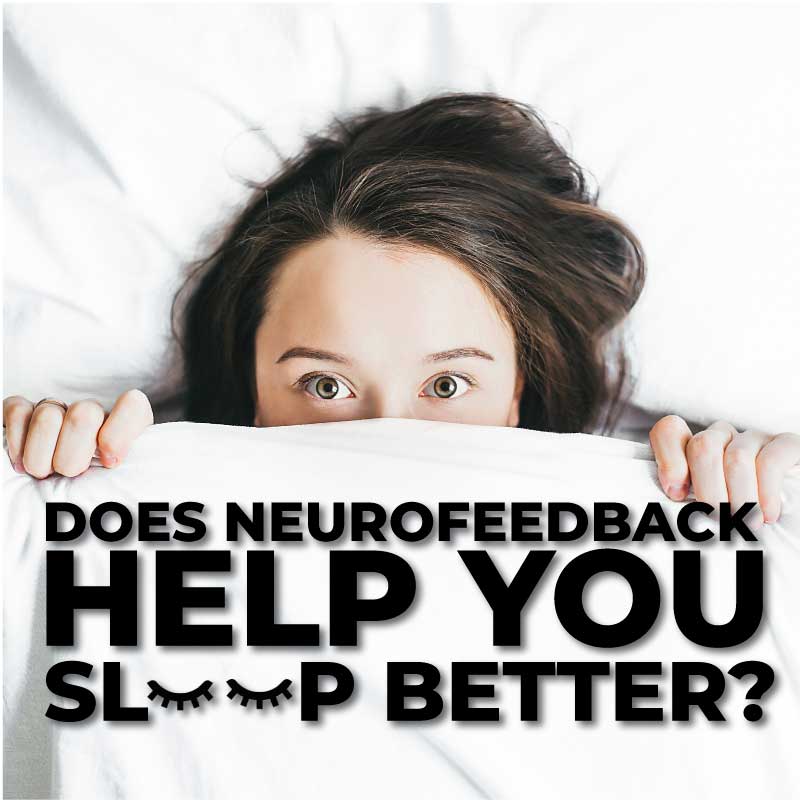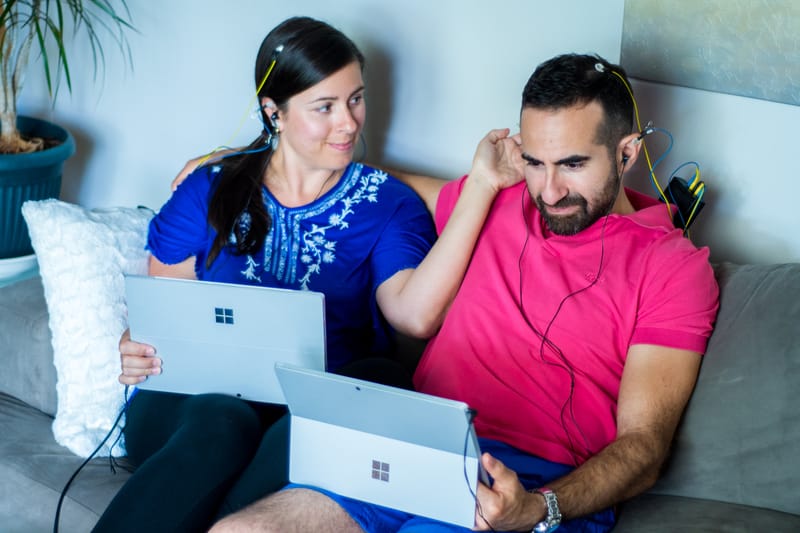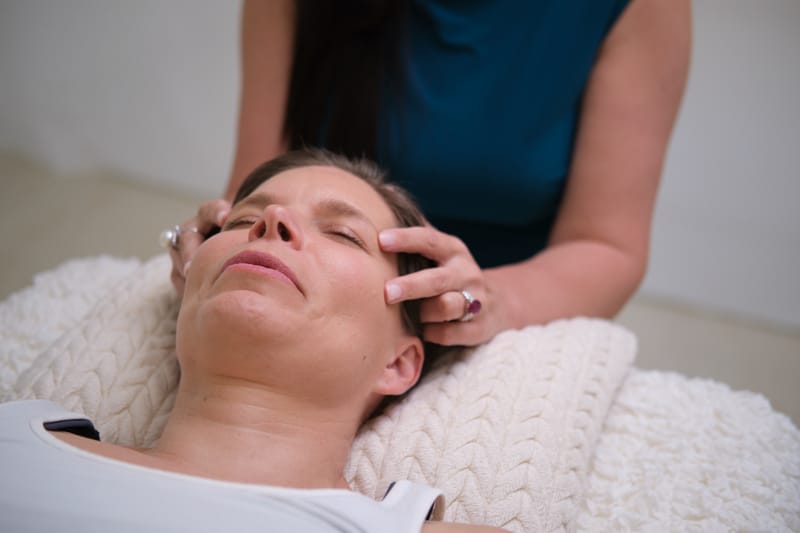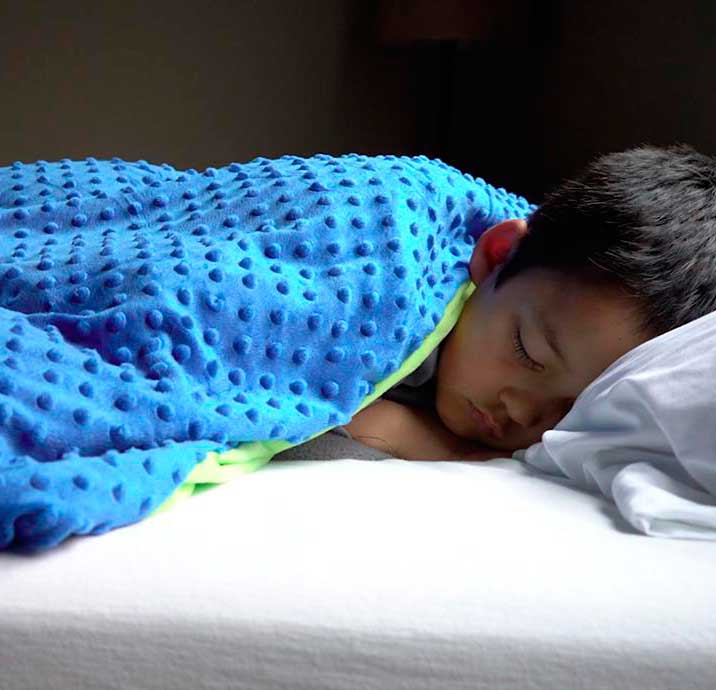Learn More
When parents feel entirely confident in having their kids try neurofeedback, children sometimes are not so ready to give it a go. If you are worried that you won’t be able to get your child on board, here are four helpful tips that have been successful in my practice.
Read MoreDid you sleep well last night? If your answer is yes, I can guess that you are having a much better day than if you had tossed and turned all night, unable to catch some z’s. The quality of our sleep affects our attention span, focus, memory, and overall mood. The importance of high-quality sleep cannot be overstated.
Read MoreAre you a good parent? Modern American society has conditioned us to think that a “good” parent sacrifices their own care to make sure they meet their children’s needs. And more parents tend to fall into the habit of thinking, “I’ll do something for myself when I have enough time/money/energy.” But somehow that time never comes.
Read MoreThere are times when our emotions get the best of us – losing a loved one, being fired from a job, feeling nervous for a speech. In times like this, an emotional regulation strategy is a valuable skill to possess.
Read MoreNeurofeedback makes the brain more efficient and resilient, but it doesn't mean you should stop therapy, tutoring or appropriate health supplements.
Read MoreWhile neurOptimal® neurofeedback is my primary specialty, I also practice Access Bars®, a hands on energy modality. By gently touching specific points on the head, it releases the electromagnetic charge of thoughts, ideas, attitudes, and beliefs that may have limited you in the concerned life areas.
Read MoreFind out why neurofeedback is the best brain training for your child’s development.
Read MoreSome people who experience anxiety may not find relief through medication alone, or they might be hesitant to try medication. Other methods of managing anxiety, such as the use of a weighted blanket, can help. By Jenna Fletcher Reviewed by Timothy J. Legg, PhD, CRNP
Read MoreIf you have been diagnosed with Hashimoto’s (or strongly suspect you have it), you are likely looking for answers to help you with a slew of unwanted and downright debilitating physical symptoms.
Read More